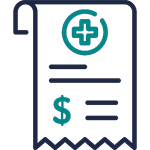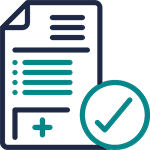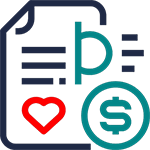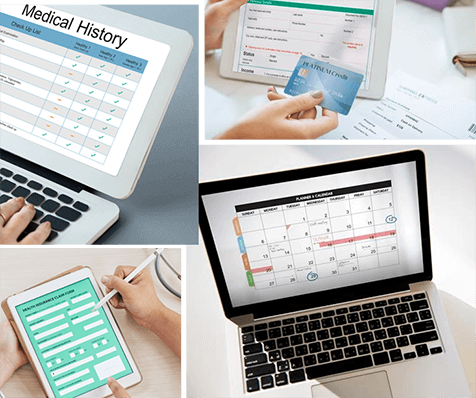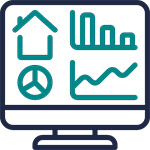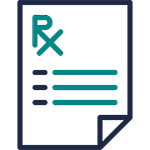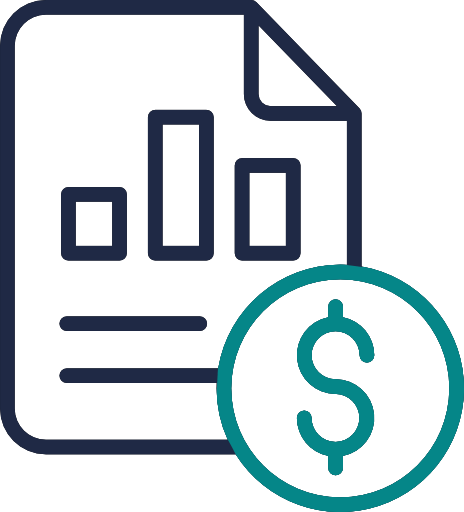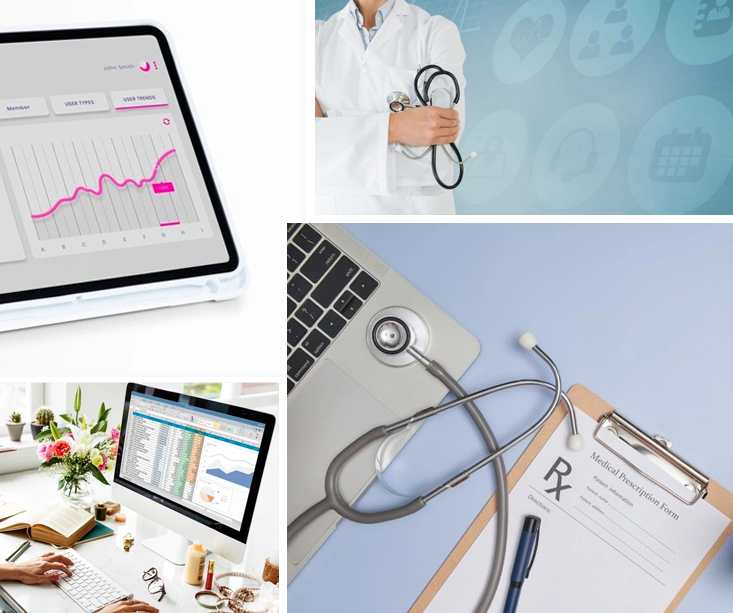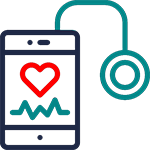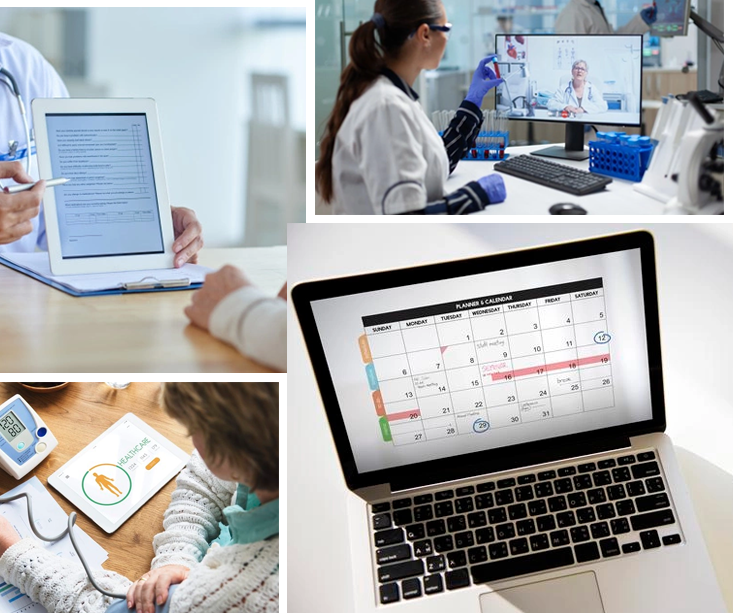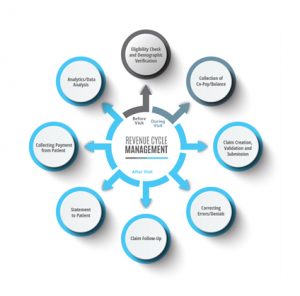 Today’s era can easily be defined as the era of ‘Big Data’ as many fields of science including engineering, technology, manufacturing, and health are producing big data at an exponential rate, leading to Exabyte(s) of data being transferred at every second. Big data and data analytics can help to explore many areas, especially in medical billing. They provide an in-depth analysis of the areas of healthcare and billing. Data analytics can also emphasize on its usage and help to look at the past to improve upon its services in the future.
Today’s era can easily be defined as the era of ‘Big Data’ as many fields of science including engineering, technology, manufacturing, and health are producing big data at an exponential rate, leading to Exabyte(s) of data being transferred at every second. Big data and data analytics can help to explore many areas, especially in medical billing. They provide an in-depth analysis of the areas of healthcare and billing. Data analytics can also emphasize on its usage and help to look at the past to improve upon its services in the future.
In medical billing, data analytics can make a big impact on economic growth, create opportunities and improve the efficiency of doctors, healthcare providers, and insurance companies. But data analytics can only make a positive impact if it is analyzed and utilized properly. Without proper analysis, data analytics would simply not work properly or be a resourceful resource. Data analytics in medical billing is complex and challenging, especially when talking about hundreds of medical reports and the medical data within them. It is important to understand and analyze the medical data to know about patient billing trends, specialty preferences, and other useful medical billing information.
Knowing about Data Analytics
There are different kinds of data analytics in medical billing, each category can help to illustrate the details about the previous history by using business intelligence algorithms and data mining. Using these analytics can help to provide an approach to reach a conclusion.
Predictive Analytics
Predictive analytics can use huge datasets in medical billing and improve patient experiences by analyzing large volumes of transactional and unstructured data at once to provide an outcome to predict the future. Predictive analysis can help understand and establish a pattern based on available information and datasets. Such analytics can be collected to help compute data streams on a larger scale. These analytics include patient visits, patient experiences, activities, survey reports and much more.
Prescriptive Analytics
Prescriptive analytics can be termed as a suggestion tool. Prescriptive analytics provide advice based on the outcome it has generated, and does so by learning the patterns, previous approaches, and inputs from data that is structured and unstructured. The mechanism follows by analyzing and prescribing on the outcomes of other analytics. It helps connect the dots and provide solutions based on outputs towards a problem.
Big Data Analytics
Medical data can be too large to handle, as it is sometimes referred to as ‘big data’. Most healthcare providers and doctors cannot handle the data by themselves. Technological improvements such as medical billing software tools can interpret such data analytics and help providers and doctors to make informed decisions that are good for them. According to McKinsey Global Institute, by sending better targeted preventative healthcare messages to the right population, at the right age and at the right time could save $70 to $100 billion. Data analytics can most certainly help to increase the accuracy of experimental results.
Jason Jones, an executive director for clinical intelligence and decision support at Kaiser Permanente says that most of the data systems are for billing. Most health care systems at hospitals are managing EHR (electronic health record), PHR (personal healthcare record) and Laboratory Information System (LIS) which can generate outcomes. These data sources can help to process and analyze data with various patient characteristics.
Clinical Decision Support
Clinical Decision Support (CDS) aims to increase the quality of health care services by enhancing decision outcomes. It can help to provide the right information which is properly customized for clinical guidelines, documentation and diagnosis details. CDS can help doctors, pharmacy specialists and other individuals who want to know information regarding medical billing.
Patient Matching
With prescriptive analytics combined with big data solutions, a patient-centric approach can be developed to explore patients’ previous medical history, medical prescriptions, treatment plans, health records, and procedures in order to cure patients. With patient match analysis, decision outcomes can be clear enough to develop the appropriate treatment plan for the patient based on such analytics.
Data analytics can play a major role in medical billing by analyzing patient data and drawing up an appropriate treatment plan. It interprets data for the right business and medical billing decisions. By using such analytics and outcomes, medical billing can be improved much further.
By keeping in mind the need and importance of data analytics in the Health Care Industry, GreenSense Billing fulfills its’ client’s data analytical needs with precision for timely decision making. This also includes a wide range of built-in reports within our software and specially customized reports as well. You can trust GreenSense Billing for all your data analytical needs.
About GreenSense Billing
GreenSense Billing provides medical billing services, along with claims processing and resolution, filing, patient engagement and interactions to help ease the burden of workflow, all while establishing a trustworthy relationship between healthcare providers and their patients.

